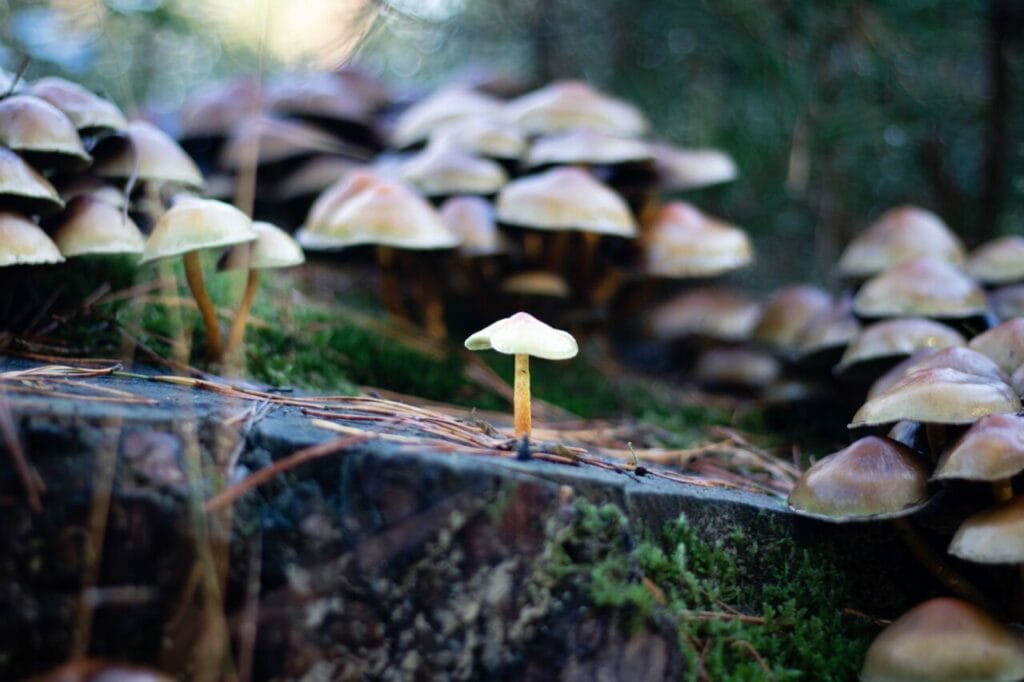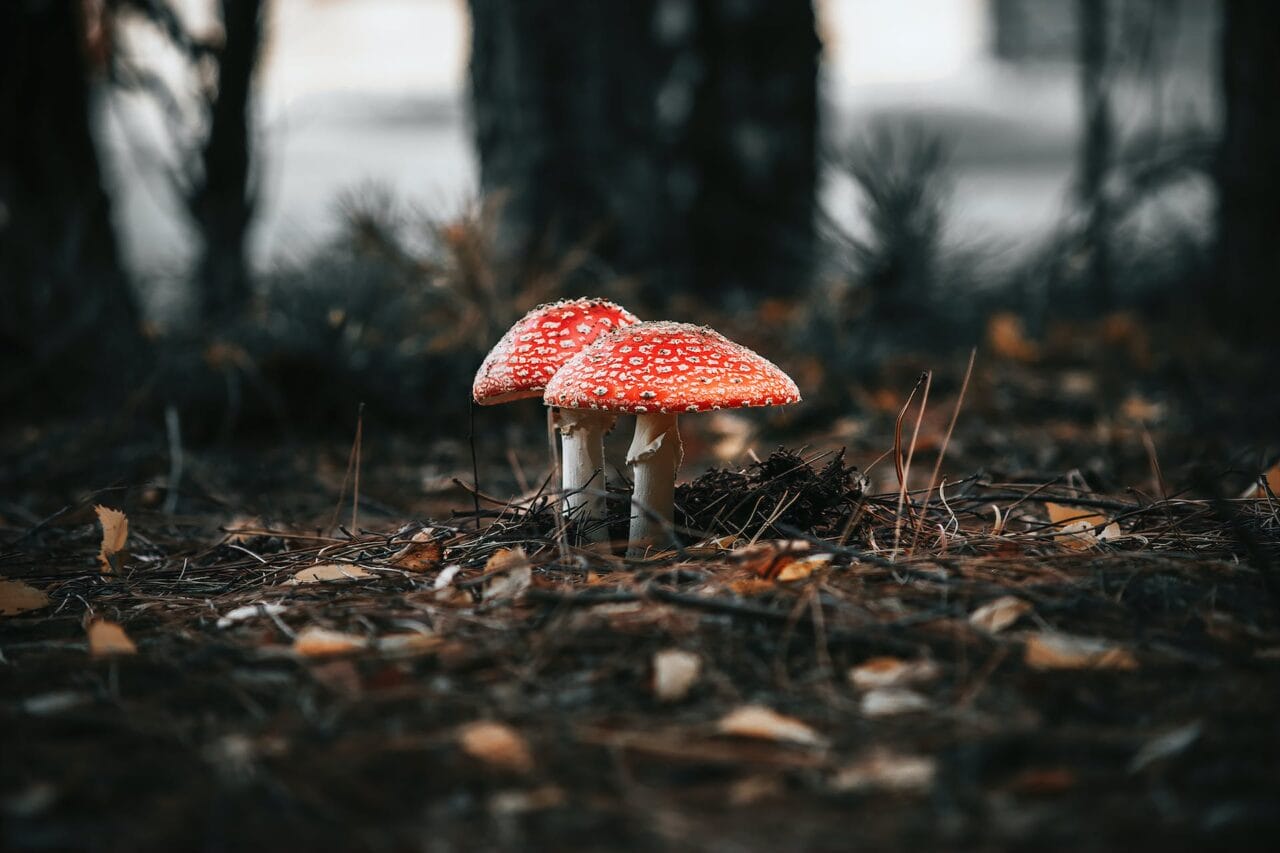There is a growing curiosity around psilocybin, heightened by research that suggests it could be beneficial for mental health conditions such as anxiety and addiction. Yet, the acquisition of psilocybin remains challenging. The number of laboratories and shroom delivery services offering magic mushrooms is limited, and the cost can be substantial.
This article examines the evolution of psilocybin, its current status, and the potential advantages it may offer to those looking for relief.
[toc]Highlights:
- Growing mushrooms requires considerable effort and careful monitoring to avoid contamination during the inoculation phase.
- Psilocybin creates a psychedelic experience by interacting with several brain areas, particularly the serotonin receptors.
- Psilocybin causes only a minor increase in heart rate, which quickly returns to normal after ingestion, and generally does not lead to any other negative effects.

Ensuring the Production of Top-Tier Magic Mushrooms
Magic mushrooms can naturally thrive in a variety of environments, including manure-enriched pastures, leafy forests, grasslands, and woodlands. Over time, people have ventured into these areas to collect these fungi for medicinal purposes or to use them in spiritual and religious rituals.
Conventional Approach
Currently, the traditional practice of mushroom foraging in these natural habitats is less common. This shift could be attributed to the emergence of alternative techniques such as cultivation or the possibility to order magic mushrooms online.
Wild mushrooms tend to be less potent than those grown in labs, which are carefully cultivated under regulated conditions. Moreover, foraging in the wild carries the risk of accidentally picking a poisonous species.
Contemporary Approach
The shroom production process begins with the meticulous process of nurturing spores to maturity. This procedure requires a
A considerable amount of time and meticulousness is required to prevent potential contamination during the inoculation phase. Upon maturity, the mushrooms are usually dried by either laboratories or cultivators to prolong their shelf life. Fresh mushrooms can only be preserved for a few days, while dried ones can last for several months, and in some cases, up to a year.
Producers convert dried mushrooms into various forms, such as microdose capsules, edibles, tinctures, and beverages. These products are then distributed across Canada through magic mushroom delivery services.
Capitalizing on the Advantages of Psilocybe Cubensis or Magic Mushrooms
A primary motivation for conducting clinical trials on mushrooms is to explore their potential benefits for mental health and mood disorders, as suggested by anecdotal evidence. A plethora of studies are delving into these effects, from microdosing with capsules to having a mushroom trip with dried mushrooms or chocolate edibles.
Upon consumption, psilocybin is metabolized into psilocin, a compound that acts similarly to serotonin, a neurotransmitter instrumental in mood regulation. It interacts with several brain regions, particularly the serotonin receptors, to initiate a psychedelic journey.
Those who have undergone psilocybin therapy often report far-reaching changes that extend beyond enhanced senses and visual modifications. These experiences can result in a significant transformation in self-awareness and a profound shift in personal perspective, typically marked by deep insights.
Depression and Suicidal Ideation
A study featured in the Journal of Psychopharmacology explored the impact of a psychedelic experience on individuals grappling with depression and suicidal thoughts. Most participants deemed their psilocybin encounter as highly significant and highlighted its potential influence on their lives. Such levels of satisfaction could enhance the effectiveness of therapy, considering the crucial role of patient involvement in mental health interventions.
Safety Profile
Apart from examining the effects of psilocybin on depression and anxiety, researchers also study its safety profile. A study in JAMA Psychiatry indicated that participants who had taken psilocybin experienced a slight rise in heart rate and blood pressure two hours post-consumption. However, further analysis using Holter monitoring revealed no significant increase in the risk of cardiac arrhythmias in the psilocybin group compared to the niacin group. The study also discovered that
Users have reported no significant psychological distress.





